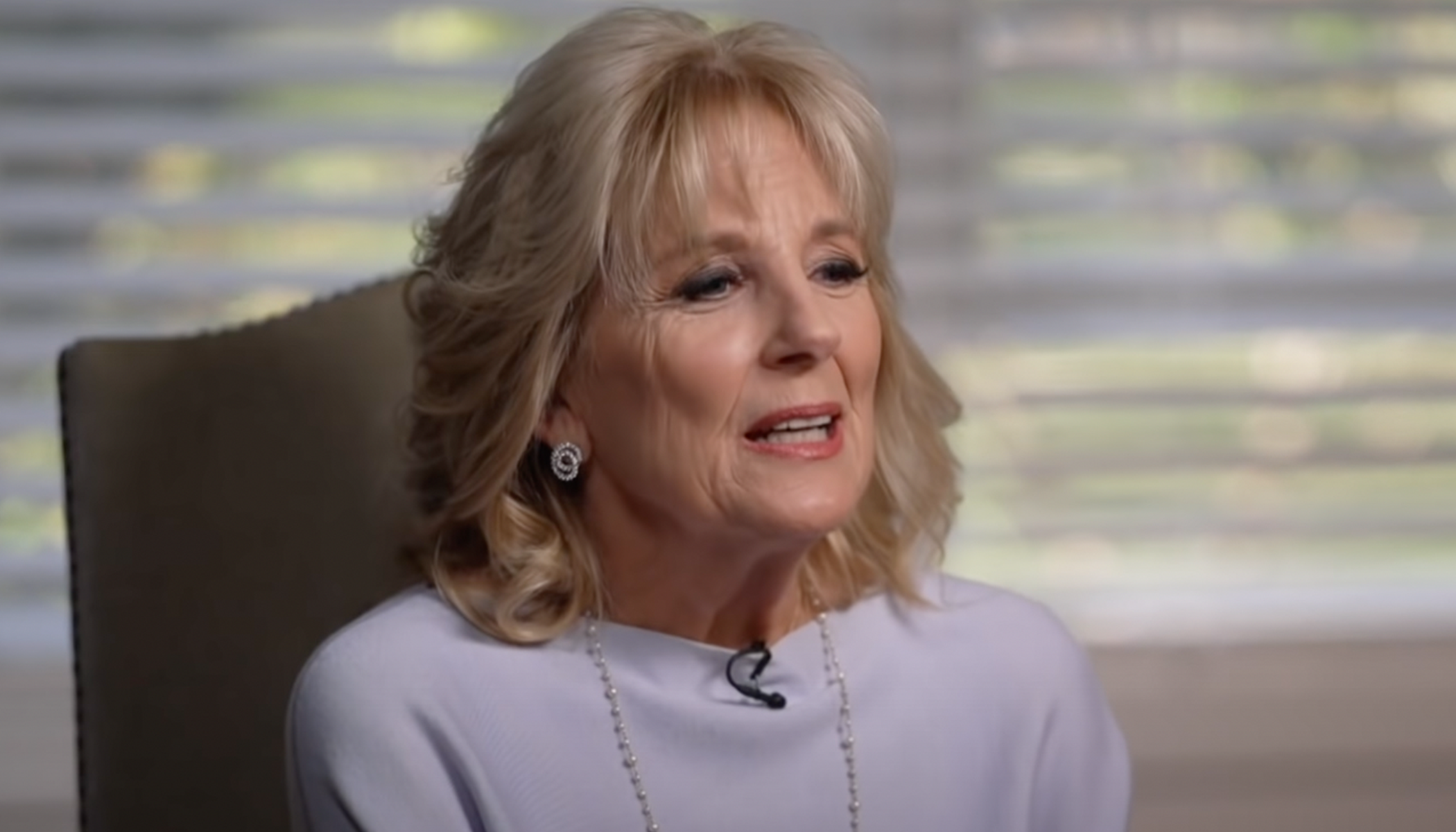Fashion Manufacturer Steve Madden Plans Major Shift from China Production
In response to President-elect Donald Trump's talk of tariffs, fashion brand Steve Madden is taking swift action to adjust its production strategies.
With the possibility of hefty Trump-imposed taxes looming over Chinese imports, companies, including Steve Madden, are keen to diversify and safeguard their operations from potential financial impacts, as Fox Business reports.
According to Trump, his proposed tariffs aim to balance trade while addressing national security. Building on this, Steve Madden's CEO, Edward Rosenfeld, has confirmed the brand's decision to significantly cut its reliance on Chinese manufacturing.
Rosenfeld stressed this strategy during a recent discussion after earnings were released, one in which he emphasized a readying movement away from Chinese production. This reflects broader industry concerns over future trade policies.
Trump has been vocal about addressing what he sees as unfair trade practices, specifically targeting China with tariffs potentially reaching 60%. His administration considers these measures as negotiating levers rather than punitive acts. John Lonski, head of The Lonski Group, interpreted this approach as a strategic play, noting that the ultimate goal is to extract more favorable trading terms for the U.S.
Steve Madden Diversifies Production Locations
Steve Madden’s executive team is targeting up to a 45% reduction in goods sourced from China over the coming year. This move aligns with the company's intent to mitigate risks associated with potential import taxes. A significant portion of the company's current operations could face such tariffs if enacted upon Trump's inauguration.
The brand is set to pivot production capabilities to other international locales including Brazil, Mexico, Vietnam, and Cambodia. These regions are poised to receive increased investment to sustain the company's supply chain and global reach.
The looming introduction of tariffs, some speculated to be as high as 20% from various countries, prompts many American companies to evaluate their supply lines. Steve Madden's proactive response underscores a prevalent industry trend of seeking manufacturing diversity.
Concerns Over Trade Balance and Security
The broader implications of Trump's tariff strategies extend beyond mere economic negotiation; they tap into vital national security concerns. As Lonski highlights, there are critical sectors -- such as defense manufacturing and pharmaceuticals -- where relying too heavily on foreign production could jeopardize national interests.
To this end, the discussions are not only economic but also have a strategic dimension. The philosophy held by Trump's camp suggests these tariffs can serve as catalysts for renegotiating trade with partners deemed unfair or combative in their practices.
Steve Madden's decisive shift highlights an increasing need for adaptability within global markets. The fashion company stands as an example to others on how to potentially brace for the uncertain impacts of major policy changes.
Trump’s Tariff Proposal Sparks New Strategies
Regarding automotive imports from Mexico, President-elect Trump teased the idea of imposing a staggering 200% tax. Though his proposals remain speculative, the potential reality of such measures prompts immediate adaptation across industries.
Rosenfeld iterates that a reduction in China-sourced goods can indeed be executed rapidly, as the marketplace adjusts to the specter of legislative change. The next few months will likely see more firms following suit, hedging against policy shifts that could redefine international trade dynamics.
By diversifying its production footprint, Steve Madden not only shields itself from potential duties but also enhances its operational flexibility. This maneuver places it in a stronger position to maintain competitiveness regardless of unfolding trade scenarios.
Evaluating Future Trade Landscape
The coming fiscal year will be pivotal as companies like Steve Madden navigate the uncertain waters of trade implications under a new administration. Trump's tariff strategies, whether implemented or employed as bargaining tools, have already initiated considerable movement in business planning.
Entities across various sectors are monitoring developments closely, wary of the shifts they may have to implement. For Steve Madden, the strategic relocation is as much about adapting to potential tariff impacts as it is about sustaining its market position in an evolving business landscape.
In essence, the actions being taken by companies like Steve Madden highlight the broader challenges and opportunities present in the current geopolitical climate.
As international trade rules are scrutinized and potentially rewritten, businesses must prepare for a plethora of outcomes. Anticipating these changes and acting upon them is apt to become a hallmark of corporate resilience.





